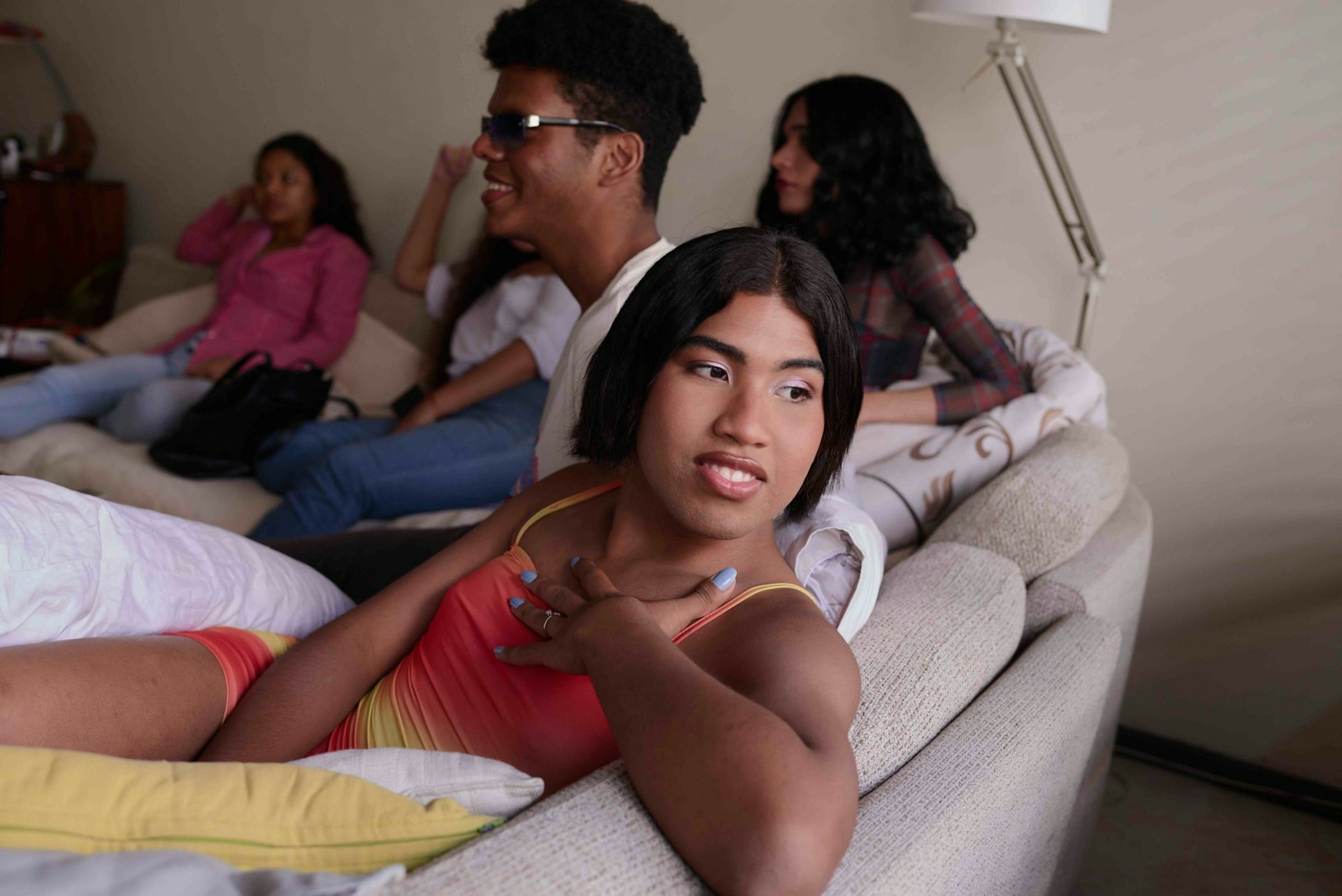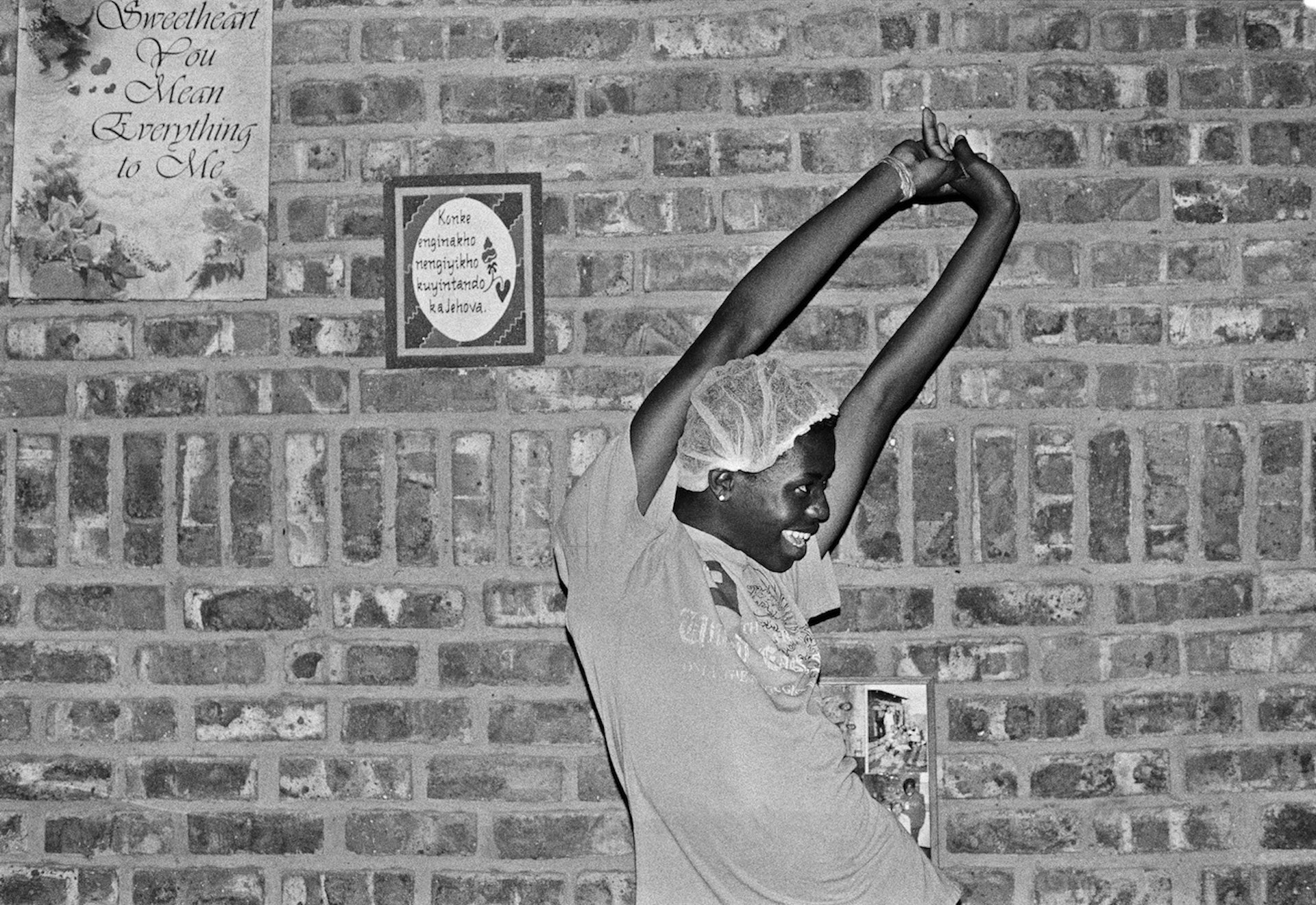
Capturing solidarity & community in South Africa
- Text by Zoe Whitfield
In 1997, Sabelo Mlangeni was assisting another photographer in his hometown of Driefontein, in the Mpumalanga province, mainly cleaning the studio and making deliveries. When the photographer was unable to cover a wedding they’d been asked to shoot, Mlangeni was given a short crash course and sent off with a camera. Four years later, he was studying with the Market Photo Workshop in Johannesburg, one of South Africa’s foremost photography organisations set up by David Goldblatt in 1989.
Ever since that first introduction, weddings have remained a major point of interest for Mlangeni, and subsequently led to Isivumelwano – a long-term project covering nuptials. One serene black and white image from the series, showing a dozen or so chairs dressed in white fabric facing a river, appears early on his new book, published as part of the Tate Photography Series.
“I’m drawn to weddings because of how I was introduced to photography,” Mlageni tells Huck. “When I started going back and scratching at the past, I was interested in the whole idea of celebrating and celebration.”
While Isivumelwano is the focus of a new show at Amsterdam’s Huis Marseille gallery, the new book is a much fuller study of the photographer’s vast catalogue. These include moody landscapes, nighttime pictures of Johannesburg’s street cleaners, rooftop dancers, hostel residents hanging out and joyful portraits from his Country Girls series.
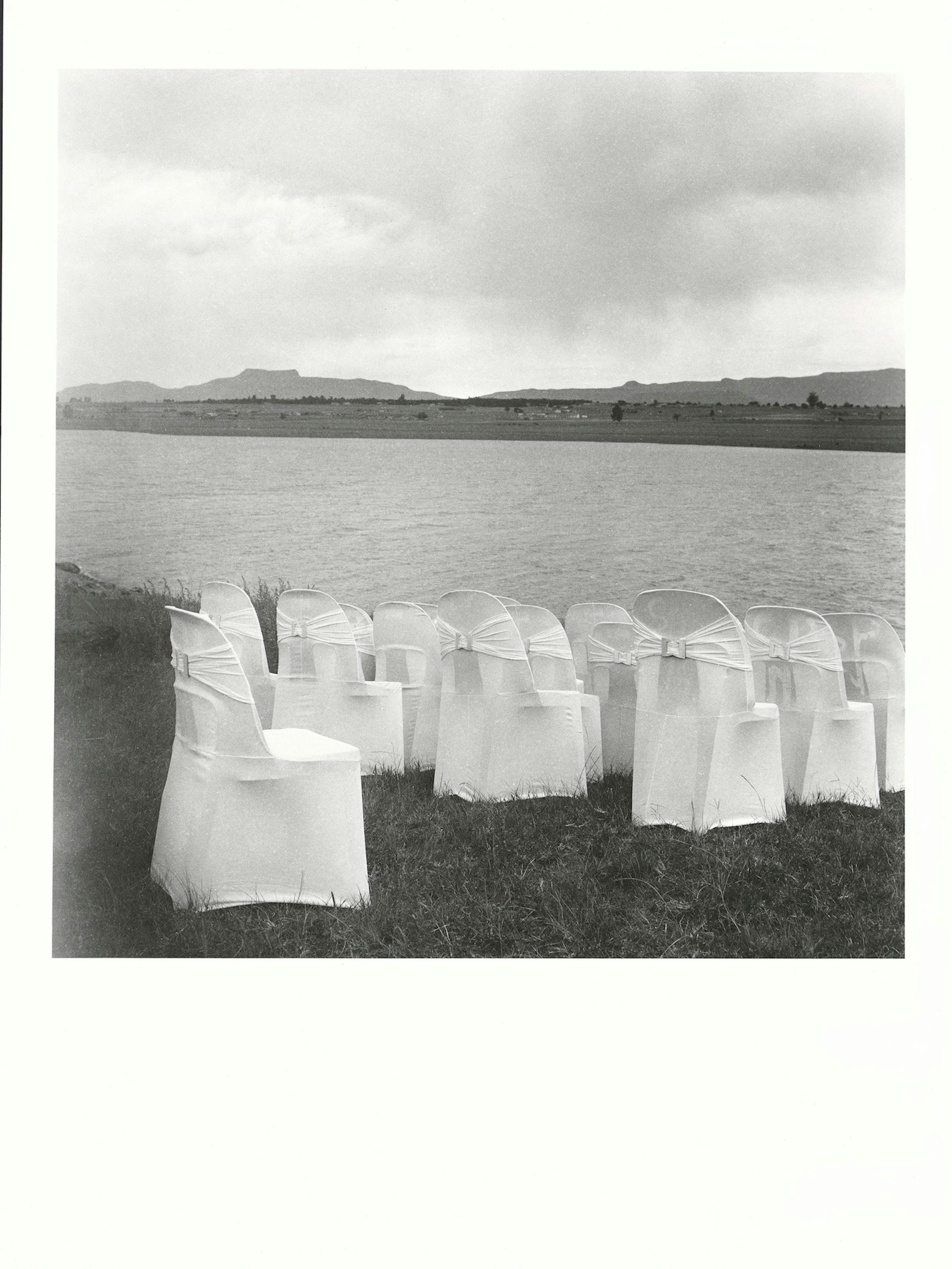
Ukufika kwengilosi: The Coming of an Angel 2016 (from the series Isivumelwano)
Mlangeni approaches his subjects with care and respect. In addition to newlyweds, his work focuses on communities on the periphery of society; sexuality, gender roles and apartheid feature heavily. The photographer’s work is informed by trust, often gained from living with people for an extended period of time, and centres themes of friendship, love and joy.
“My process is about collaboration, and sometimes community and solidarity are the very things that draws me to be in certain places as a photographer,” says Mlangeni. “In South Africa, there is a phrase that says, ‘umuntu umuntu ngabantu’ which means ‘a person is a person through other people’. My relationship with ‘community’ comes from that phrase.”
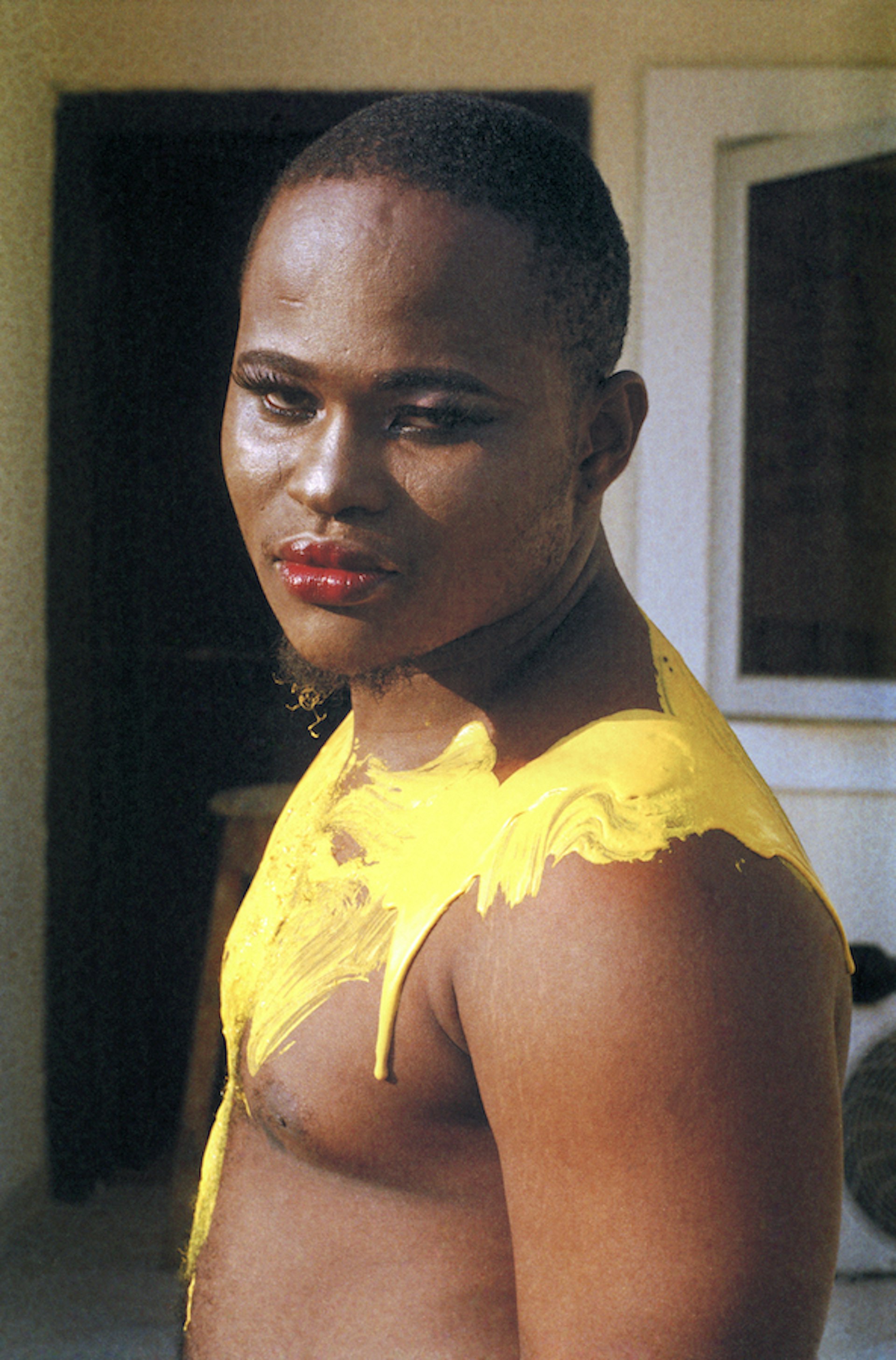
Olalere’s body painting shoot (makeup artist Thom Smith and Daniel), 2019 (from the series The Royal House of Allure)
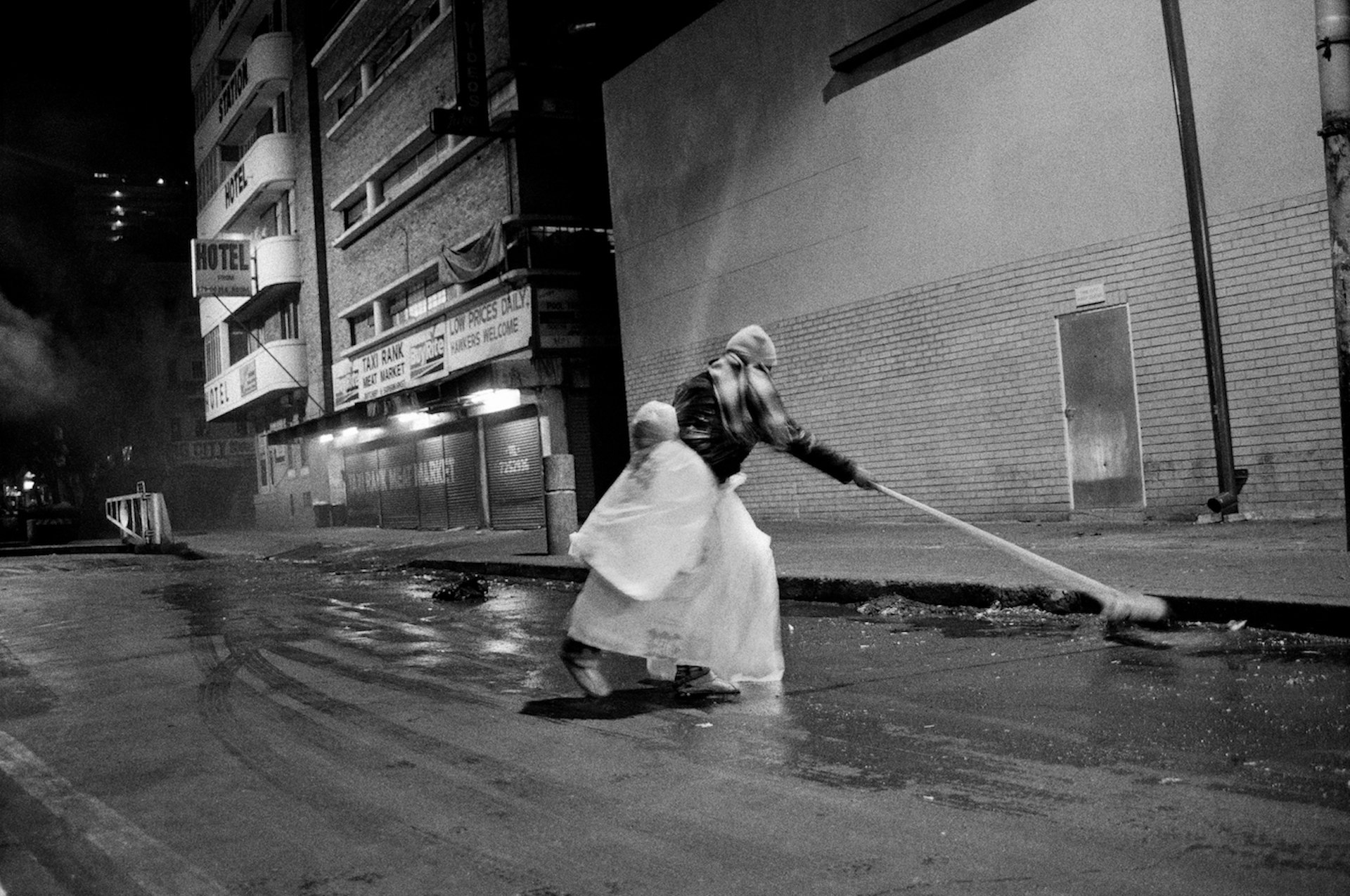
Low Prices Daily, 2006 (from the series Invisible Women)
“I’m drawn to the idea of marriage in an open way,” he continues, “in that it’s not just those fixed terms, but how a relationship is built with others and the people that we work with.”
This inclusivity is echoed throughout his practice, and extends to the way people engage with his work. “[In] seeing the images, I got a sense that LGBTQI people felt that their existence is not just local, there’s a sense of ‘if I exist in [this location], I exist everywhere,’” he notes.
Increasingly, Mlangeni says he is reexamining how he has encountered past subjects. “It’s about reflecting, or looking at the work in a different time and understanding how conversations shift,” he says, referencing the social and cultural changes that have occurred during the last two decades. “Over the years as a practicing photographer, I believe I have grown in ways of seeing; the way of understanding photography. It’s important to discover something new, and to reflect.”
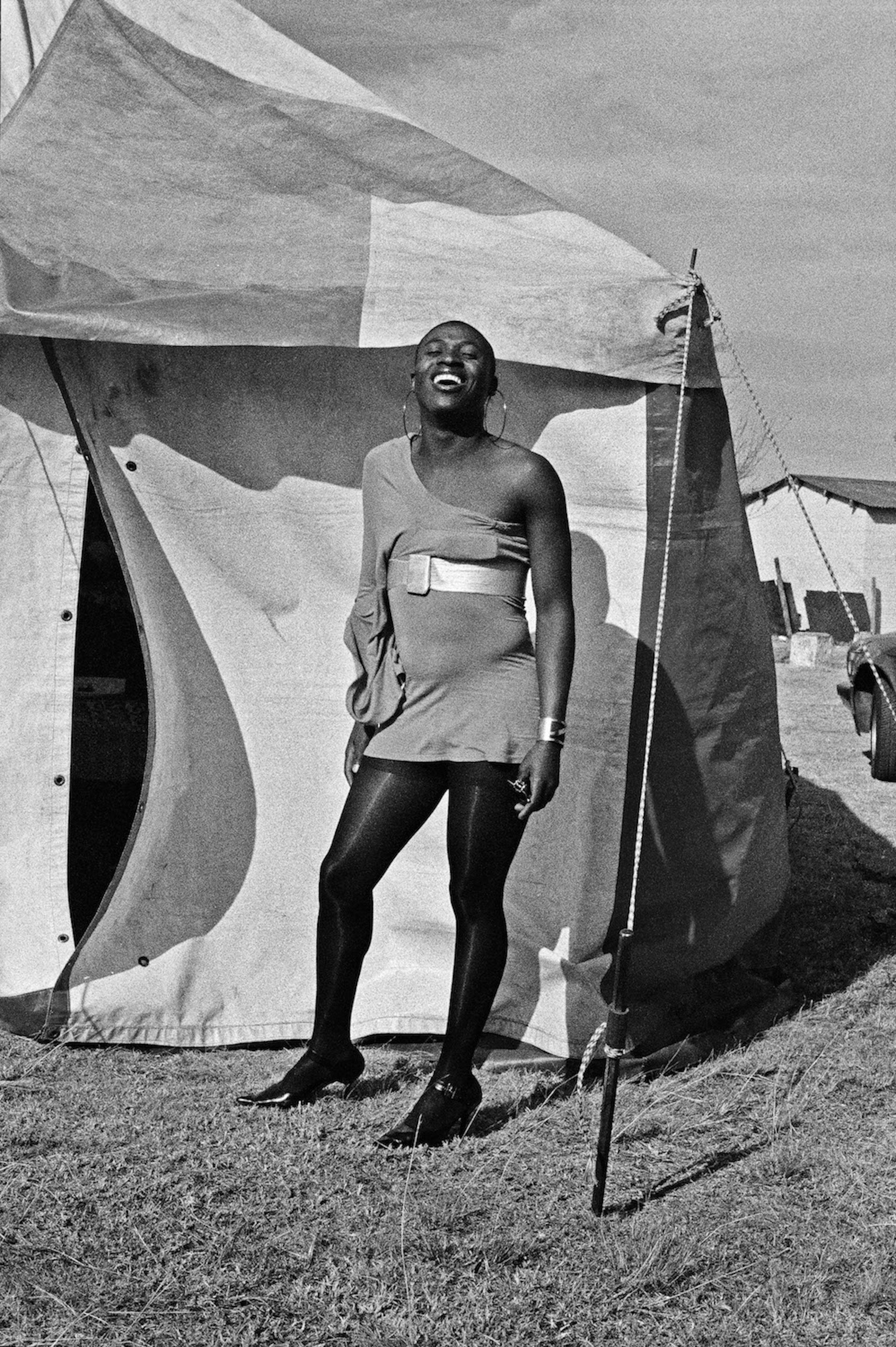
Bigboy, 2019 (from the series Country Girls)
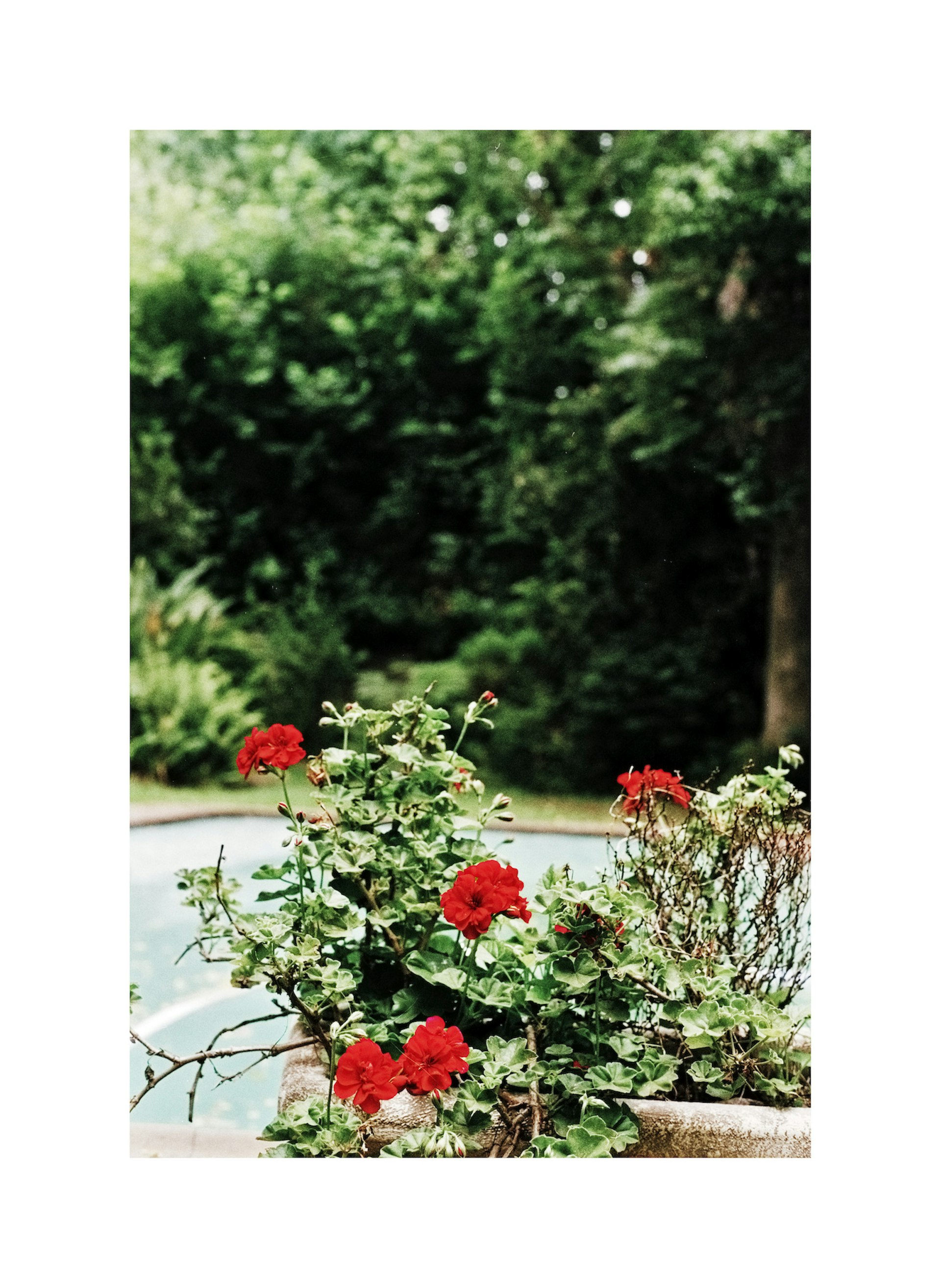
Roses at Hollywood Glen, 2013
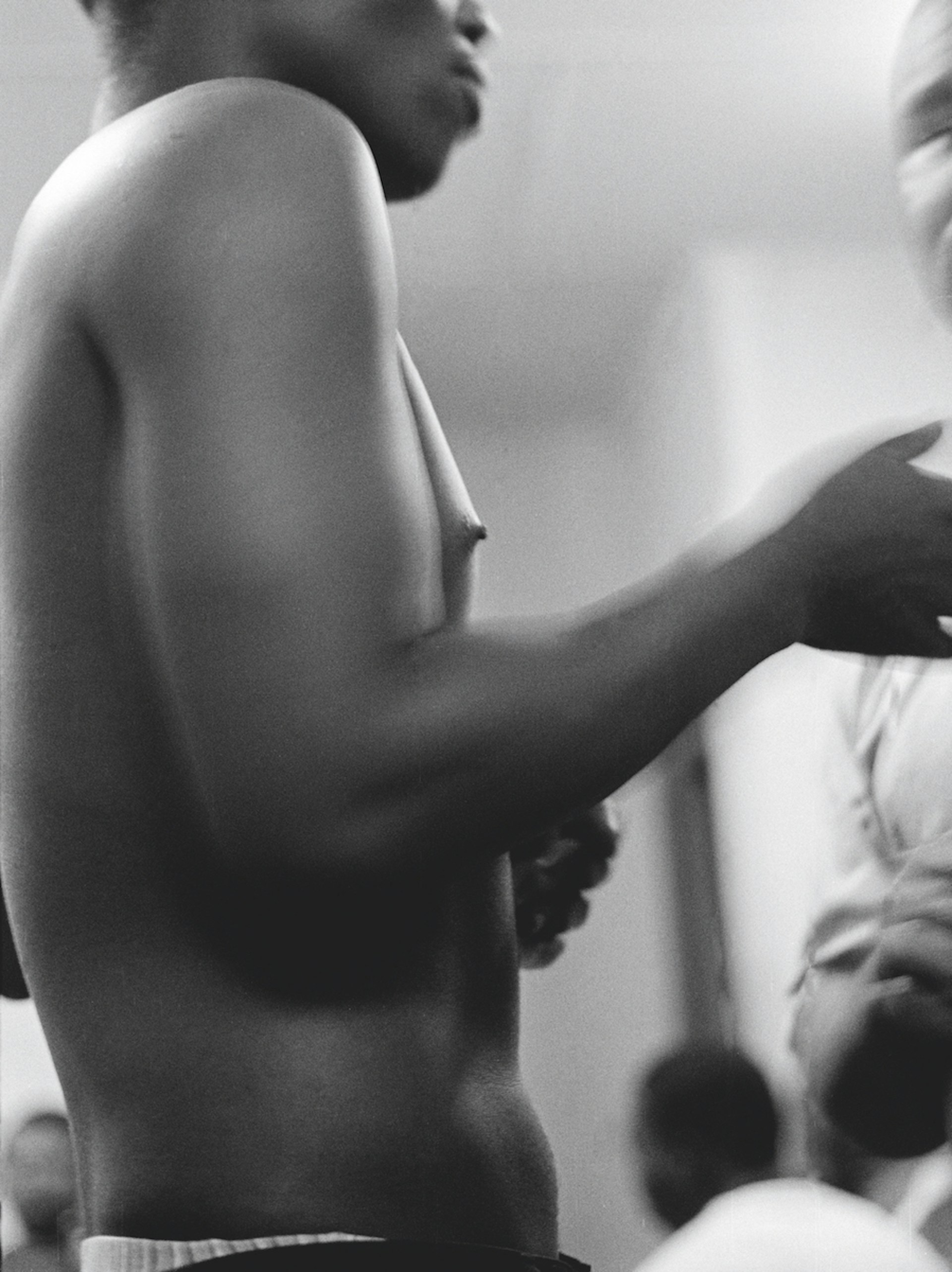
Nipple, 2008 (from the series Men Only)
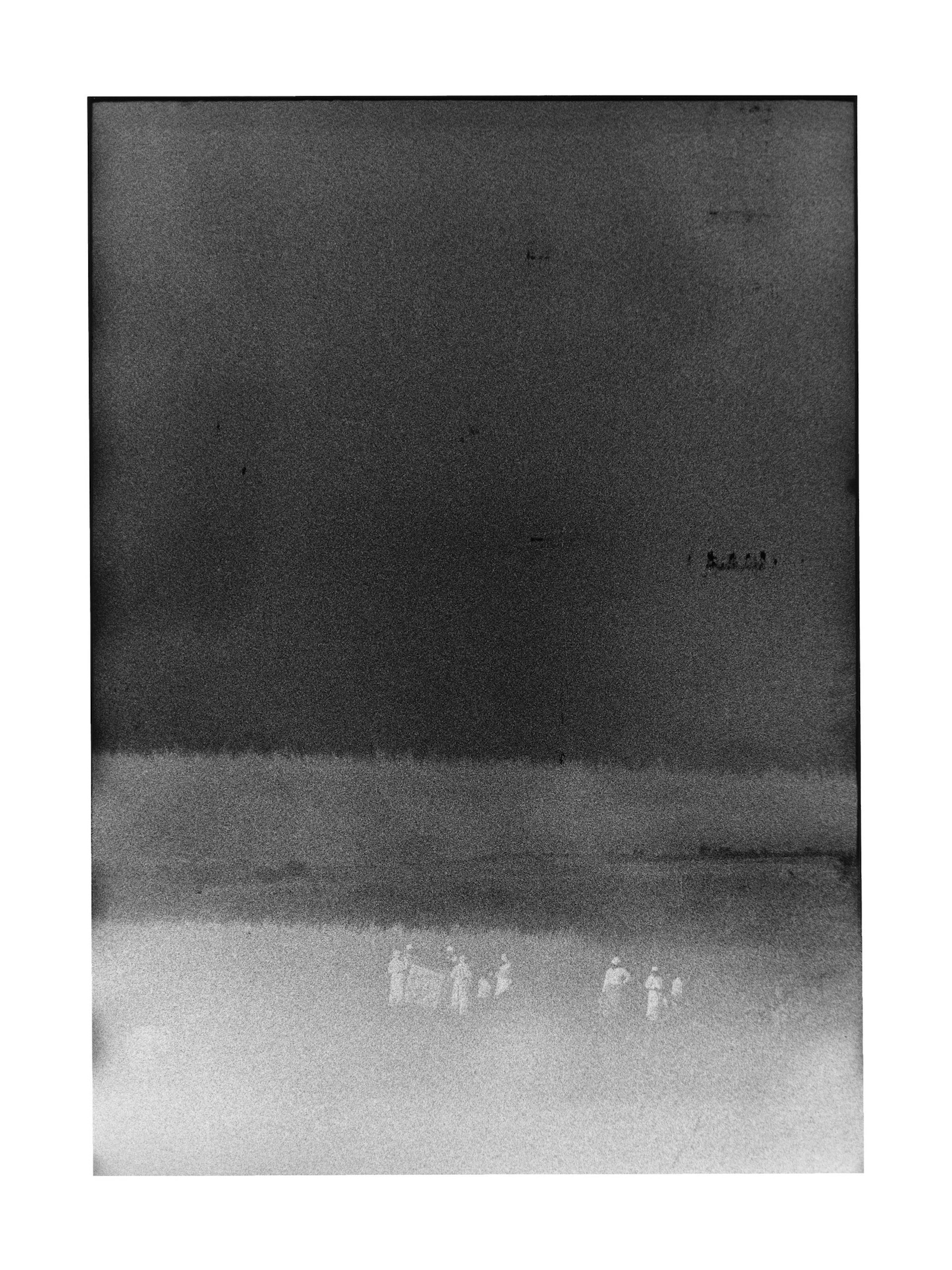
Umlindelo WaMakholwa, 2016
Tate Photography: Sabelo Mlangeli is out now.
Follow Zoe Whitfield on Twitter.
Enjoyed this article? Like Huck on Facebook or follow us on Twitter.
